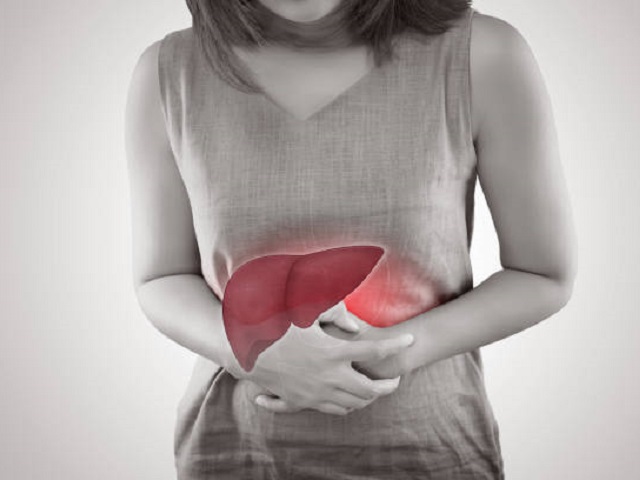9 Signs You May Have Cirrhosis -- Symptoms, Causes, Effects, Treatment and Prevention
Cirrhosis is a chronic liver condition characterized by the progressive scarring and damage to the liver tissue. It is often a result of long-term liver disease and can lead to impaired liver function and various complications.
Symptoms of Cirrhosis
The symptoms of cirrhosis can vary but may include:
- Fatigue and weakness
- Loss of appetite and weight loss
- Nausea and vomiting
- Abdominal pain and swelling
- Jaundice (yellowing of the skin and eyes)
- Easy bruising and bleeding
- Itchy skin
- Swelling in the legs and ankles
- Mental confusion or changes in behavior
Diagnosis of Cirrhosis
The diagnosis of cirrhosis may involve:
- Medical history and physical examination
- Blood tests to evaluate liver function, detect certain markers, and check for underlying causes
- Imaging tests, such as ultrasound, CT scan, or MRI, to assess the liver structure and identify any abnormalities
- Liver biopsy, where a small sample of liver tissue is taken and examined under a microscope to confirm the presence of cirrhosis and determine its severity
Causes of Cirrhosis
Cirrhosis can be caused by various liver diseases and conditions, including:
- Chronic alcohol abuse: Prolonged excessive alcohol consumption is a common cause of cirrhosis.
- Chronic viral hepatitis: Hepatitis B, hepatitis C, and other chronic viral infections can lead to cirrhosis.
- Non-alcoholic fatty liver disease (NAFLD) and non-alcoholic steatohepatitis (NASH): Accumulation of fat in the liver due to obesity, diabetes, or metabolic syndrome can progress to cirrhosis.
- Autoimmune hepatitis: The immune system mistakenly attacks and damages liver cells, leading to cirrhosis.
- Inherited liver diseases: Genetic conditions such as hemochromatosis, Wilson's disease, and alpha-1 antitrypsin deficiency can cause cirrhosis.
Effects of Cirrhosis
Cirrhosis can have various effects on the body, including:
- Impaired liver function: Cirrhosis disrupts the liver's ability to detoxify substances, produce bile, and metabolize nutrients, leading to complications.
- Portal hypertension: Scarring in the liver can obstruct blood flow through the liver, leading to increased pressure in the portal vein and the development of complications like varices (enlarged veins) and ascites (fluid accumulation in the abdomen).
- Hepatic encephalopathy: Buildup of toxins in the blood due to liver dysfunction can affect brain function, leading to confusion, personality changes, and in severe cases, coma.
- Increased risk of liver cancer: Cirrhosis increases the risk of developing hepatocellular carcinoma, a type of liver cancer.
Treatment and Prevention of Cirrhosis
Treatment of cirrhosis focuses on managing its underlying causes, preventing complications, and supporting liver function. Treatment options may include:
- Lifestyle changes: Avoiding alcohol, maintaining a healthy weight, and managing underlying conditions such as diabetes and high blood pressure.
- Medications: Medications may be prescribed to manage specific liver diseases, reduce inflammation, and control complications like portal hypertension.
- Liver transplantation: In severe cases, when liver function is severely compromised, a liver transplant may be necessary.
- Supportive care: Treatment may involve managing complications, such as fluid accumulation, infection, or malnutrition, through medications and lifestyle modifications.
Prevention of cirrhosis involves avoiding excessive alcohol consumption, getting vaccinated against hepatitis B, using precautions to prevent hepatitis C transmission, and managing underlying liver diseases or conditions.
References:
Mayo Clinic. (2021). Cirrhosis. Retrieved from https://www.mayoclinic.org/diseases-conditions/cirrhosis/symptoms-causes/syc-20351487
National Institute of Diabetes and Digestive and Kidney Diseases. (2021). Cirrhosis. Retrieved from https://www.niddk.nih.gov/health-information/liver-disease/cirrhosis


















